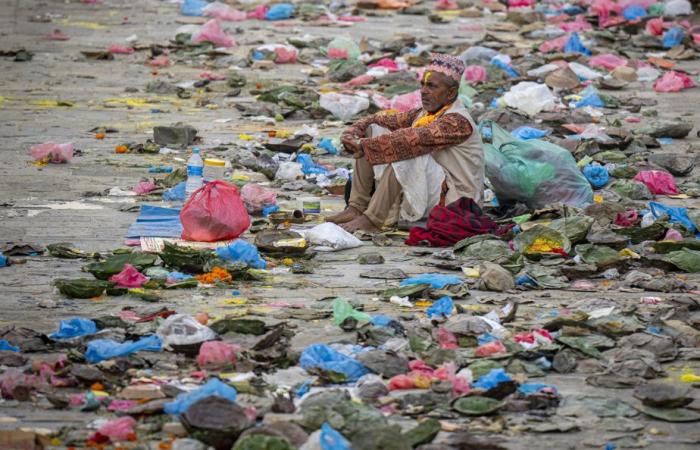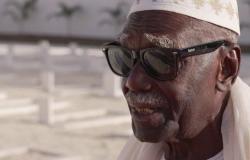(Paris) COP29 ended on a bitter note, with developing countries not having obtained an amount of climate aid at the expected level. A disappointment which risks reducing their future ambitions in terms of reducing greenhouse gases, believe several experts.
Posted at 7:23 a.m.
Kelly MACNAMARA
Agence France-Presse
According to the Paris Agreement, states must present their climate action plans every five years through “nationally determined contributions” (NDC). The third round of revision, with targets for 2035, must be published by February.
With this in mind, COP29, whose main objective was to establish a global amount of climate aid from developed countries to help developing countries ensure their transition, appeared crucial.
But with a new quantified collective objective (NCQG) of 300 billion dollars per year by 2035, against 1,300 billion expected by poor countries, the final agreement “is not at all binding for […] revise upwards the new climate commitments for the next decade”, judges François Gemenne, Belgian researcher in climate policy and co-author of 6e IPCC report.
“Baku did not give the signal we needed. […] The low figure and the delivery date (of the funds) pushed back to 2035, well after the implementation period of the 2030-2035 NDCs, will certainly limit the ability of developing countries to promise ambitious emissions reductions, abounds Mohamed Adow, activist and director of the Power Shift Africa research group.
“Totally unrealistic”
This could be the case for “a number of African or Asian countries, which will say “as long as we do not have sufficient amount, I will continue to exploit my fossil fuels to ensure my development and not make additional commitments to reduce my emissions,” predicts Mr. Gemenne.
This is more or less what Nigeria said at the close of COP29: “you expect us (Southern countries) to have ambitious NDCs”, but with “300 billion (in climate aid), let’s look to face the truth, it’s totally unrealistic.”
Furthermore, observers expect that the NDCs of several countries, including developed ones, will arrive late. So far, only a handful of states – the United Kingdom, the Arab Emirates, Brazil, etc. – have unveiled their new climate plans for 2035.
In addition to Donald Trump’s return to power in the United States, elections are expected in Germany, Poland, Australia and Canada towards the end of the first quarter. “These uncertainties will really weigh on the preparation of the next round of NDCs,” said Li Shuo, an expert at the Asia Society Policy Institute think tank.
According to the UN, current commitments, even fully implemented, would result in a devastating global temperature rise of 2.6°C by 2100 compared to the pre-industrial era, exceeding the most ambitious target of the Paris agreement, by 1.5°C.
Long-term efforts
But when it comes to climate ambitions, everything does not depend solely on what is decided or not in the COPs, several experts temper.
“We often present the NCQG and the NDC as if they were two sides of the same coin, as if financing allowed the NDCs”, but “this is not the most determining element”, believes Marta Torres -Gunfaus, director of the Iddri Climate program.
The NDCs “have their own life” and are “long-term efforts” made at the level of each country also depending on their national context.
“Afterwards, will they arrive on time and will they be aligned with the 1.5°C objective? Difficult to say,” concludes this expert while recalling that the Paris agreements “have enough mechanisms to try to advance this convergence over time”.
Furthermore, the NDCs could be supported by international efforts other than those finalized at the COP.
“The approximately 200 signatory states to the United Nations Framework Convention on Climate Change do not necessarily all have to sit at the same table for progress to be made,” judges Ottmar Edenhofer, co-director of the Institute of Climate Change. Potsdam climate research, calling for the establishment of “additional negotiation formats”.
This could notably involve a strengthened partnership between the EU and China to mobilize more funds or by financing climate aid via international taxes. Subjects raised in Baku, but on which the countries remained quite vague, referring discussions to other bodies or deadlines.






